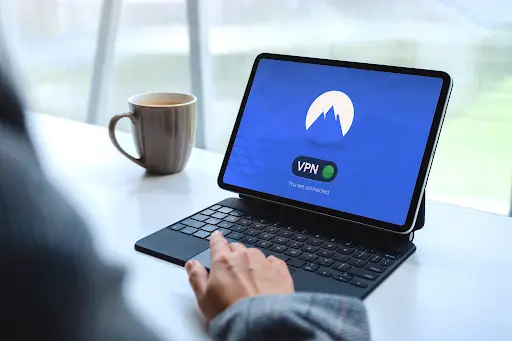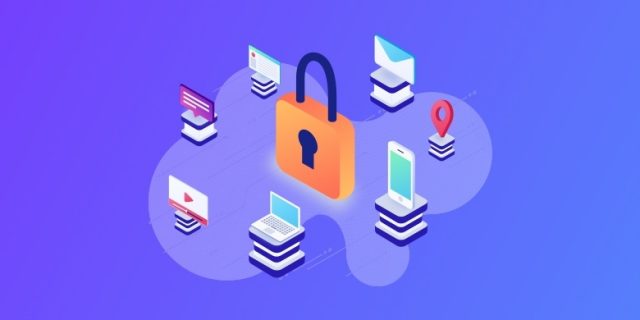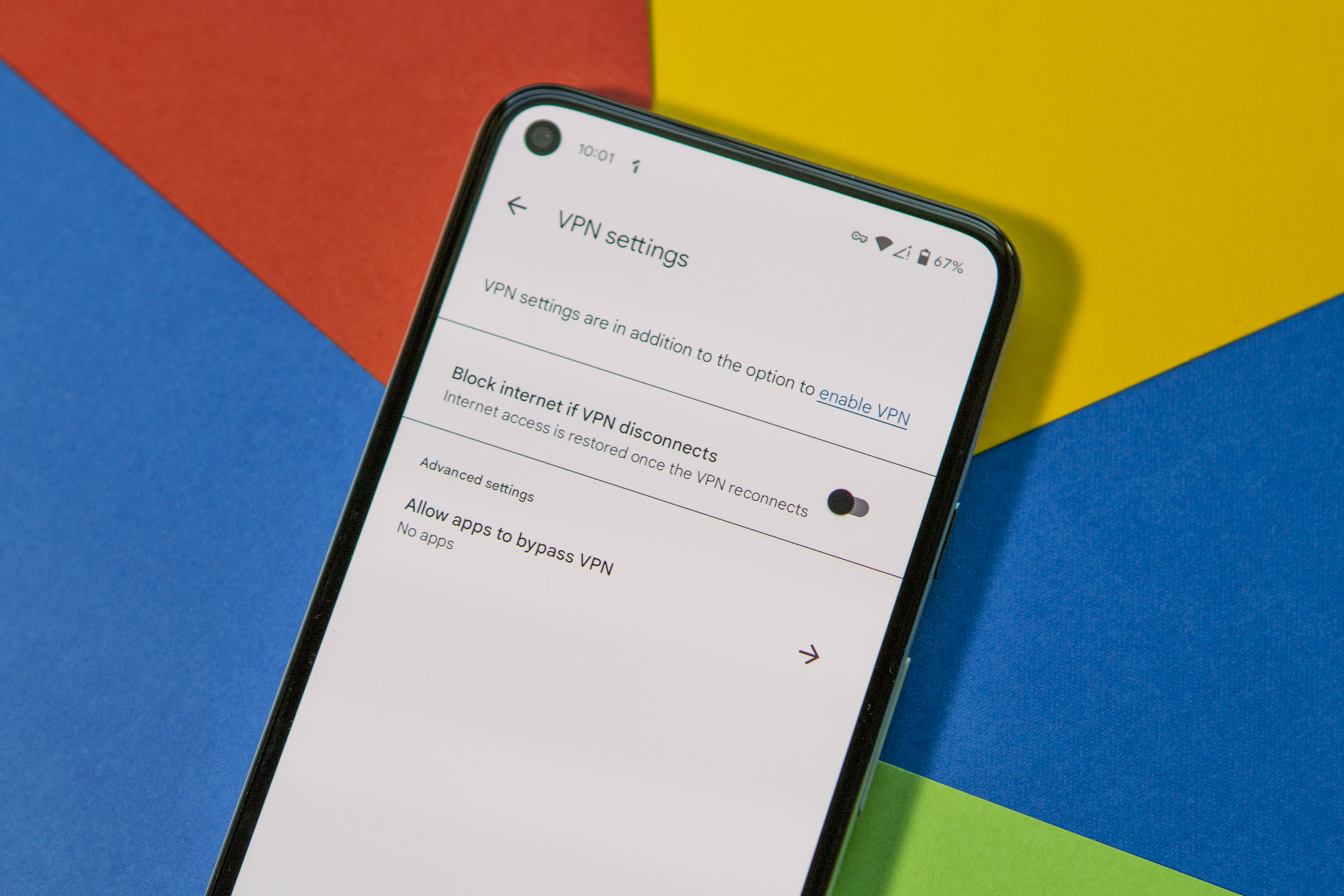Virtual Private Networks (VPNs) play a crucial role in safeguarding online privacy, reducing the risk of data breaches, and providing a secure internet experience. As the digital landscape evolves, consumers increasingly turn to tools like VPNs to maintain anonymity and protect their personal information.
In this survey conducted by All About Cookies, the focus was on understanding the knowledge, adoption, and usage patterns of VPNs among 1,000 U.S. adults aged 18 or older. The study aimed to shed light on the extent of internet users’ familiarity with VPNs, how commonly they use these tools, and the various purposes for which VPNs are employed.
Methodology
The survey, conducted in October 2023, involved a USA representative sample achieved by stratifying results across age and gender. The 1,000 respondents provided insights into their awareness, usage, and perceptions of VPNs. This study offers a foundation for understanding trends and behaviours in online privacy and cybersecurity.
Why Use a VPN

VPNs are essential tools for several reasons:
- Enhanced Security: VPNs encrypt internet connections, preventing unauthorized access to sensitive data.
- Privacy Protection: Users can browse anonymously, keeping their online activities and personal information secure from surveillance.
- Access to Restricted Content: VPNs enable access to geo-restricted content by masking the user’s IP address.
- Secure Public Wi-Fi: VPNs provide a secure connection, protecting users from potential threats when connected to public Wi-Fi networks.
Setting up a VPN is a straightforward process
- Learn the Basics: Familiarize yourself with the fundamental concepts of VPNs to understand their benefits for daily browsing.
- Proper Setup: Knowing how to set up a VPN on your devices ensures smooth functionality and maximizes the benefits of secure browsing.
- Use a Trusted Provider: Opt for reputable VPN providers like NordVPN to ensure a reliable and secure connection.
Key Findings

Limited Knowledge
- 55% of internet users claimed to know the purpose of VPNs
- 15% had never heard of them.
- Among those aware of VPNs, common features like IP address masking (84%), ad blocking (77%), and tracker blocking (76%) were well-known.
Adoption Rates
- 37% of respondents who were familiar with VPNs actively use them
- 32% have used VPNs in the past.
- Usage varied across generations, with millennials (25%)
- Gen Z (21%) has lower rates of never trying VPNs compared to baby boomers (47%).
Type of VPNs Used
- Among active VPN users, 57% use free services.
Free VPNs, however, may pose security risks, including malware, and some may log and sell user data.
Frequency of VPN Usage
- 60% of active VPN users use it daily
- 31% use it a few times a week
- 77% of VPN users use it at home
- 41% using it at work
- 38% on public Wi-Fi.
Common Uses of VPNs
- The top uses for VPNs include increased security on public Wi-Fi (63%),
- General internet safety (63%)
- Keeping personal data from corporations and advertisers (58%).
- Unauthorized sports streams (26%)
- The dark web (17%).
Confidence in Anonymity
- 56% of users are confident about their anonymity
- 28% are neutral
- 16% actively doubt the efficacy of their VPN for privacy and anonymity.
Conclusion

It’s clear to see from this study that we have a long way to go with education for VPNs. I think there is also a bit of “this will never happen to me” when it comes to people who know VPNs but don’t use them. It’s a little like using a password manager instead of using Password123 for everything. It’s about making it a part of your daily internet habits and hygiene to ensure your accounts are safe at all times.










Comments